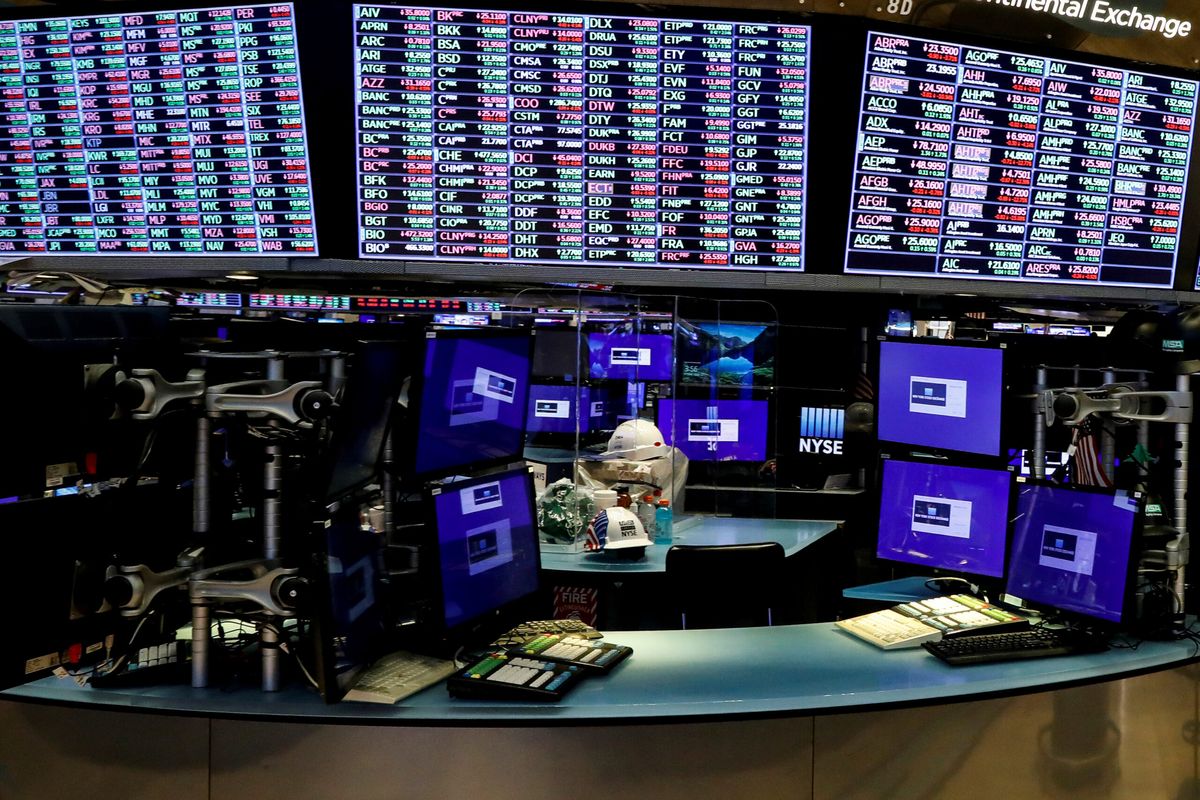What are SPACs?

A few minutes every morning is all you need.
Stay up to date on the world's Headlines and Human Stories. It's fun, it's factual, it's fluff-free.
SPACs are established for the sole purpose of providing private companies with the opportunity to go public while quickly building capital through a merger with the SPAC.
In order to better understand the motivations of these business moguls, it is important to fully understand what SPACs are.
George Arison, the co-founder and co-chief executive officer of Shift, spoke to TMS about SPACs. Arison’s company – which went public back in October of 2020 after merging with Insurance Acquisition Corp. (Nasdaq: INSU), a publicly-traded SPAC – provides customers with a safe alternative for purchasing used cars through an online marketplace.
“A SPAC (Special Purpose Acquisition Company) is a public company that has raised money from public market investors, but it does not have a business operation of its own – its entire purpose is to merge with a private company, and through that merger, enable that private company to go public. The money raised sits in a trust, to be used by the private company after the merger.”
In other words, SPACs are established for the sole purpose of providing private companies with the opportunity to go public while quickly building capital through a merger with the SPAC. SPACs have no business operations or specific targets for acquisition. They have one purpose: to get acquired.
Why SPACs?
SPACs are typically established by investors who have specific knowledge of a certain industry or business sector. The motivation private companies have for merging with a SPAC goes beyond just gaining vast capital quickly. The primary investor/shareholder of the SPAC provides an experienced partner for the private company to utilize as they move into the public market.
For retail market investors, SPACs offer little risk in terms of investment. Since SPACs do not have any business operations, all money earned from the initial public offering (IPO) is placed in an interest-bearing trust account. If a SPAC has not been acquired within two years, the SPAC is liquidated and all investors are reimbursed for their contributions to the SPAC. If the SPAC is acquired, the investors have two options: cash-out or ride the rally.
If the market does not respond well to the announcement of the acquisition or if investors are not interested in the merger, investors can simply sell their shares. However, if the market responds positively to the acquisition, investors can ride the potential rally in the hopes that the value of their shares increases as the private company goes public through the acquisition.
The SPAC surge
With the recent increase in SPACs in the market, private companies are far-more selective when it comes to which SPACs they merge with. SPACs established by big names such as Chamath Palihapitiya or Richard Branson offer more incentives (monetary and professional) for private companies to form a merger.
There are currently hundreds of SPACs on the market and many of these cannot offer the same incentives that these larger investors provide for their SPACs. The SPAC surge has gone so far as to get celebrities involved in established acquisition companies.
In October of 2020, Forest Road Acquisition Corp. was established by Shaquille O’Neal, Martin Luther King III and various former Disney executives. The company is planning to raise US$250 in deals with the goal of providing various expertise within the media sector.
O’Neal and King have extensive experience within media and their company offers a unique perspective on the current SPACs market. Neither King nor O’Neal are primarily known for their business knowledge, but a private company interested in merging with Forest Road may be more interested in their potential connections that could help establish various dealings.
What comes next?
Large investors such as Richard Branson and Izzy Englander offer great opportunities for private companies to invest in their SPACs. With their vast connections and resources, private companies are more than willing to merge with their SPACs.
Despite having no previous business ventures in genetics, Branson’s SPAC merged with 23andMe in a massive deal earlier this month that led to a rally in the shares.
SPACs are thriving and will continue to surge as investors continue to profit. With SPACs flooding the market, many retail investors may be conflicted when deciding whether or not to invest. Despite being low-risk, retail investors still need to do their research before investing in SPACs.
Have a tip or story? Get in touch with our reporters at tips@themilsource.com




Comments ()